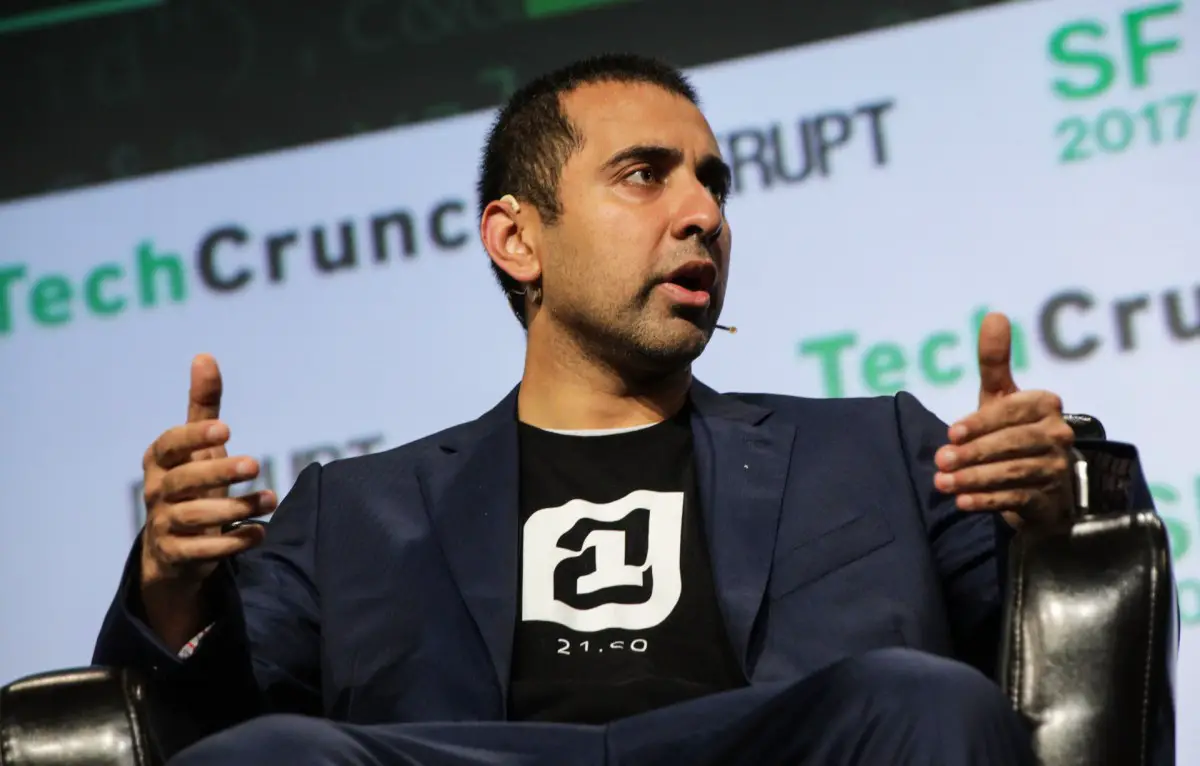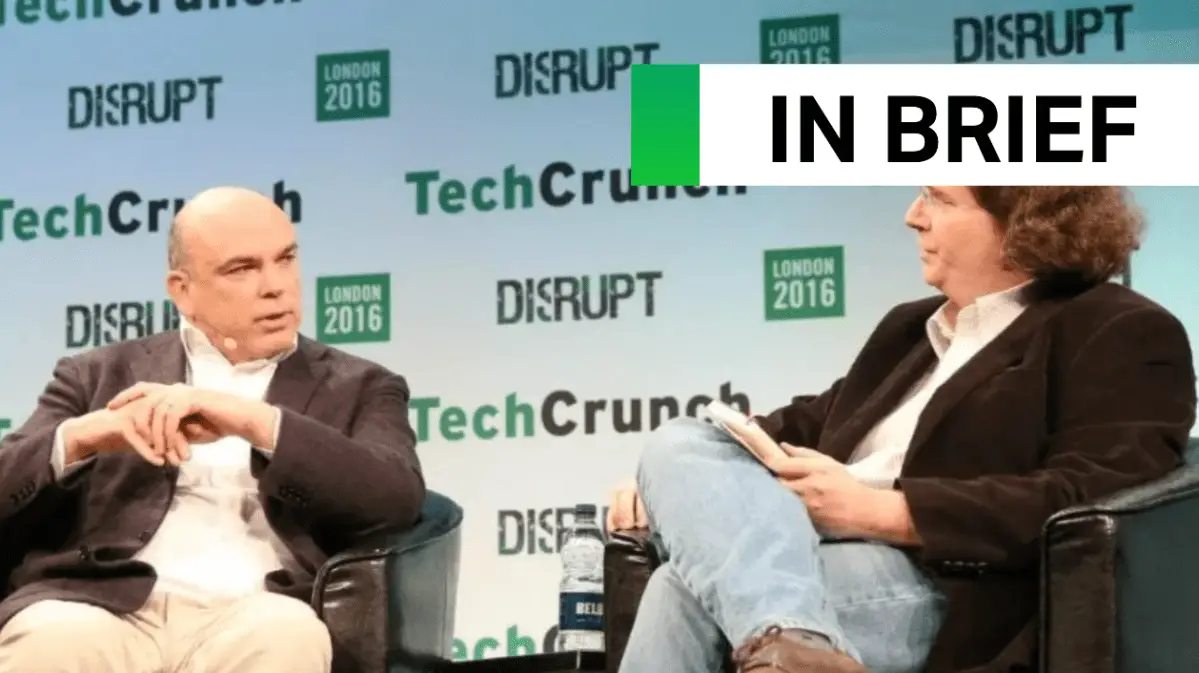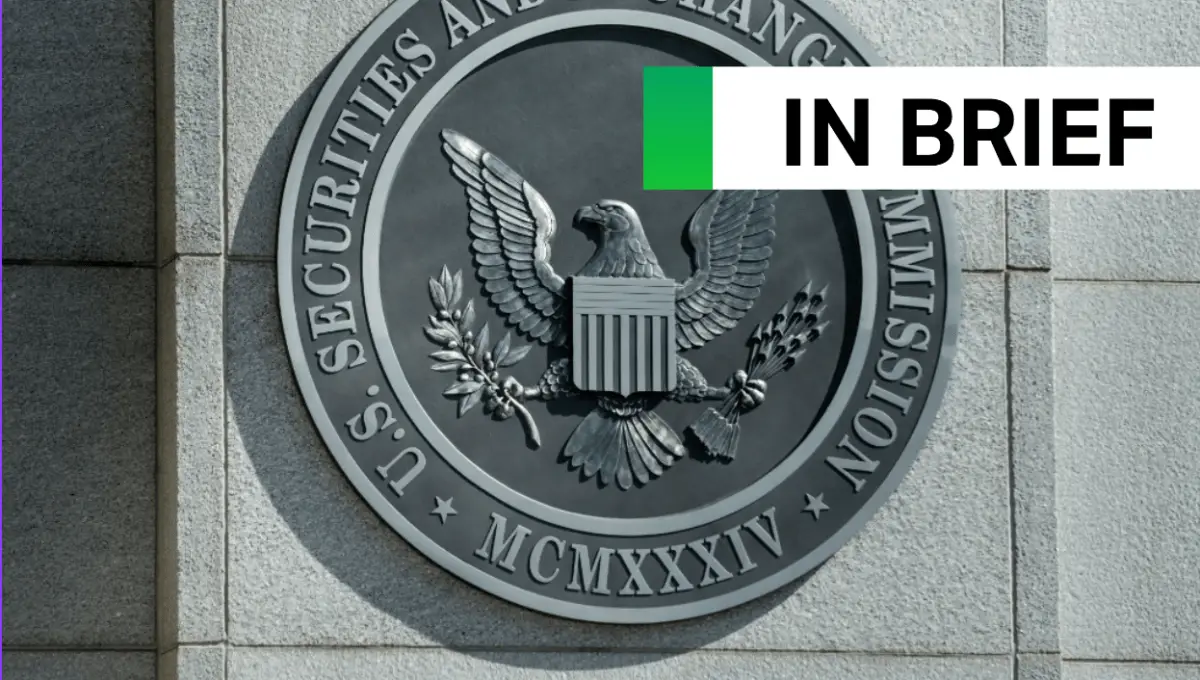Depending on your thoughts on the intersection of crypto and Silicon Valley’s libertarians, this is either a dream idea or an odd one: Former a16z investor Balaji Srinivasan has booked out an island in Singapore to create his own “Network School.” This is where he’ll run programs on crypto, longevity and what it takes to establish “a technocapitalist college town,” as he put it in his post announcing the initiative.
It’s the most meaningful milestone yet for Srinivasan’s dream of creating “network states,” which he defines as an internet community that secures a physical location and “gains diplomatic recognition from pre-existing states,” he wrote.
The concept has enraptured the libertarian subsection of Silicon Valley; Srinivasan earned praise from Marc Andreessen and Ethereum co-founder Vitalik Buterin and has inspired fellow crypto enthusiasts to start their own “network states.” In addition to his years at a16z, which ended in 2018, Srinivasan is also known for his year as Coinbase’s CTO after Coinbase bought his crypto startup Earn.com in 2018. And he’s a board member of the crypto nonprofit advocacy and lobbying organization Coin Center, which champions for policies like anonymity for crypto holders from the IRS.
Srinivasan says his 90-day school will start in late September and will feature lectures on topics like digital nomadism while offering meals designed by longevity-obsessive Bryan Johnson, the entrepreneur who made headlines last year for spending millions on “de-aging” himself. The program, Srinivasan emphasized, is best suited for those who “understand that Bitcoin succeeds the Federal Reserve,” and “that AI can deliver better opinions than any Delaware magistrate” and “that democracy can be rejuvenated with cryptography.”
Srinivasan, who published a book on network states in 2022, isn’t the only one making a play for internet-group sovereign nations. Last spring, Buterin created his own Srinivasan-inspired “network state” called Zuzalu in Montenegro. Guests included the musician Grimes and Patri Friedman, the entrepreneur who got millions from Peter Thiel to start a sea-bound society. For two months, attendees donned continuous glucose monitors, took daily cold plunges in the Adriatic Sea and attended lectures on everything from sex work to zero-knowledge cryptography.
Although Srinivasan hasn’t divulged his plans for establishing a permanent presence on the Singapore island, the goal of network states is often to secure some recognition from local governments — whether that’s in the form of full sovereignty or a special economic zone. Zuzalu organizers met with Montenegro officials to discuss “creating a similar long-term home for pro-longevity devotees,” according to the MIT Technology Review; another network state, Prospera, backed by Friedman, successfully lobbied Honduras for an economic zone that offers companies low taxes and startup-friendly regulations.
Srinivasan is currently taking applications for his new network school, although he cautions that those with a fondness for the current world order need not apply. “The more respect you have for legacy institutions, and the more respect they have for you, the less suitable you’ll be as an applicant,” he wrote.










